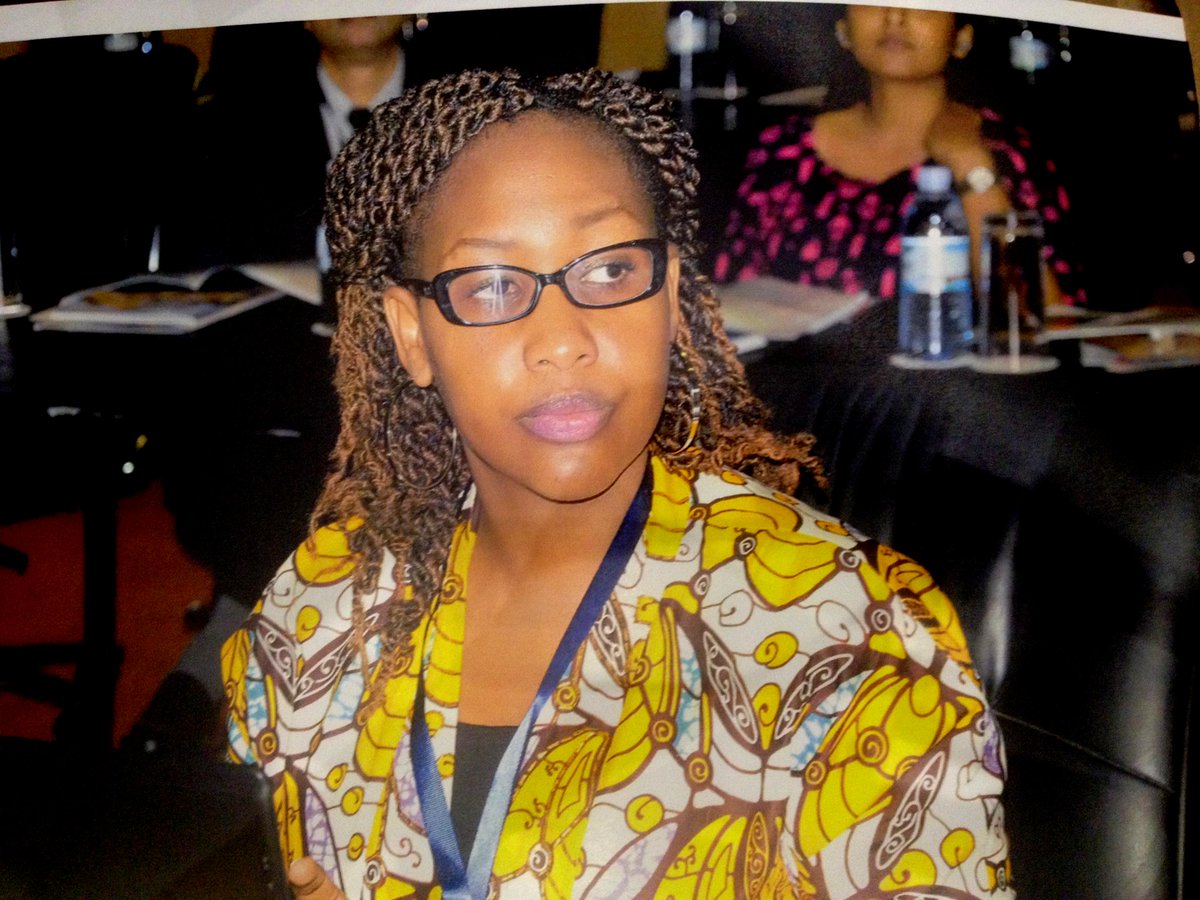Mugure Njendu. PHOTO | COURTESY
For many Kenyan architects and building planners, the Covid-19 scourge has caused a rethink. What does it mean to design for a world that will never be quite the same, especially when it comes to homes and large public spaces?
The pandemic will reshape the design of the spaces in which we live, work and play.
Architectural Association of Kenya (AAK) president Mugure Njendu says future buildings for private and public use must be spacious-create spaces that enable people to observe social distancing to deter new Covid-19 infections and feel safer. Buildings must be redesigned to mitigate pandemics known to thrive in dingy, congested and poorly aerated spaces.
“We need larger offices with fewer desks to enable workers to operate without fear of contracting disease. Where large groups must be retained, say factories, then we must segment them in groups to aid contact- tracing in case of a confirmed Coronavirus infection,” said the AAK president.
Ms Njendu said for ease of movement in offices, there should be two way models accommodating separate entry and exit points to reduce regular interactions.
The AAK boss said companies and State agencies must adopt a ‘hands free’ way of doing things such as opening doors, water taps, soap dispensers and elevator buttons.
For restaurants and retail chains, a plexiglass is a must-have in key service locations such as the till area to minimise human contact while allowing operations to go on.
AAK’s Town Planners Chapter chair Juliet Rita said a fresh examination of all public spaces_ from markets, bus stages as well as public offices, health centres, educational and sports facilities must be conducted to inform measures to be taken to enhance healthy living.
This, said the physical and transport planner, also requires that Kenyans pro-actively protect public spaces from grabbers to ensure availability of ‘open-air’ spaces for children to play as well as for meetings.
“Interrogate the county spatial plans, county investment plans and most importantly the municipalities’ annual investment plans. Nairobians should know ‘the NIUPLAN’, the envisioned railway city, among other plans as well as the back of your palms so that you can question development decisions that are running contrary, she said.
Social public infrastructure
AAK’s honorary secretary Marylyn Musyimi said increased public spending should be done by county and the national governments in availing social public infrastructure, easing queues at watering points and jostling for space along footpaths.
“Dignified housing must provide well ventilated functional spaces with good lighting and built using an appropriate choice of material. They must be provided with clean running water, electricity, proper sanitation, green spaces, pedestrian and cyclist lanes on roads, schools, hospitals and religious and social spaces,” said Ms Musyimi.
AAK adds that professionals, regulatory authorities and investors must work together to ensure quality properties that adhere to laid down approved frameworks are put up to avert demolitions and buildings collapsing due to poor workmanship.
Covid-19 has also seen numbers of worshippers drastically reduced with all attendants expected to record their contact details every time they visit a mosque or a church. This is atop regular screening of each worshipper whose temperature is taken and all required to don a mask at all times.
Retail operators have also marked distances to be maintained along the shelves as shoppers pick items while entry into the outlets is also controlled to specific numbers to check against overcrowding.
For mall outlets such drug stores, money agents, retail shops and takeaway eateries, a branded strap has been installed ensuring customers keep at least a metre away from the counter.




